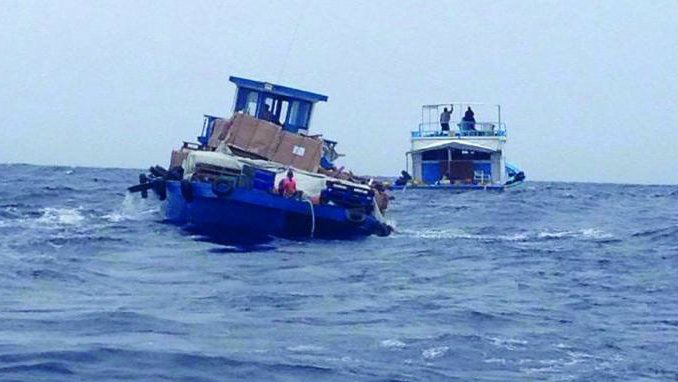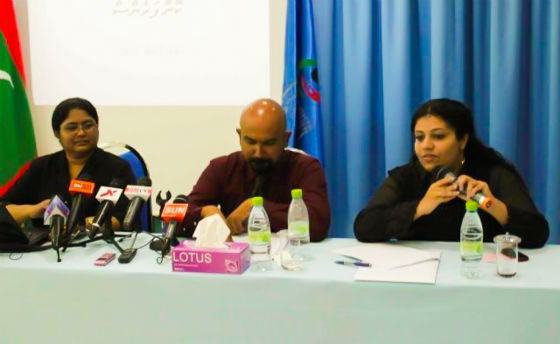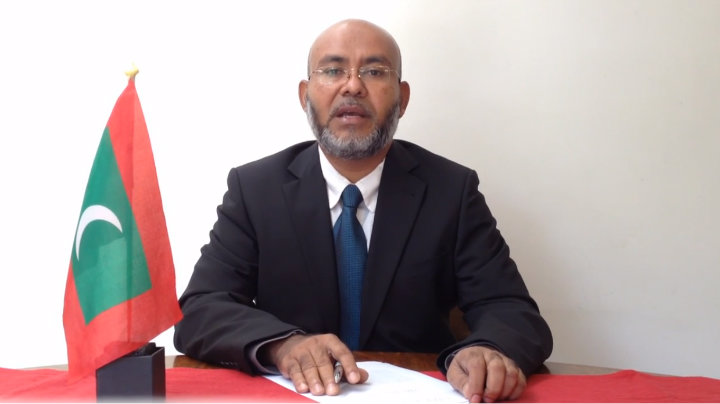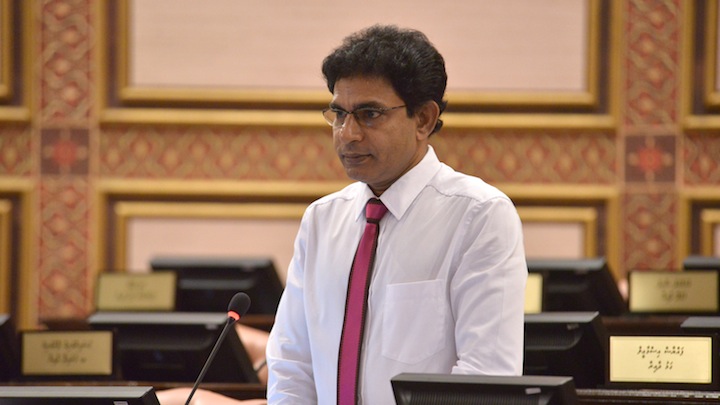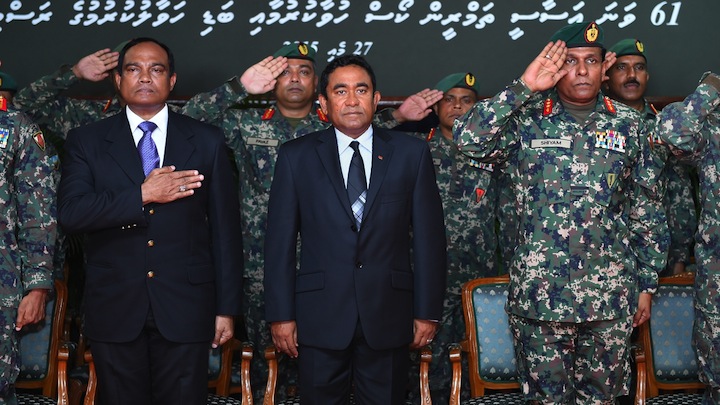President Abdulla Yameen has launched the Visit Maldives Year 2016 campaign in a bid to increase tourist arrivals to the Maldives to 1.5million in 2016.
The campaign, organized by the Maldives Marketing and Public Relations Corporation (MMPRC), will run until the end of June 2016.
The government plans to hold an underwater festival, an international surfing event, a tree-planting programme and photography exhibitions in the Maldives and global locations as part of the campaign.
The Maldives will also host the renowned tourism fair, ITB Berlin, in March 2016, as part of the Vist Maldives Year campaign.
“I am confident that through this global campaign we can look forward to welcoming record numbers of holidaymakers to our beautiful shores in the Maldives,” President Yameen said.
The president launched the campaign’s logo and website at an ongoing UN World Tourism Organization (UNWTO) conference at the Bandos Island Resort yesterday.
He highlighted the importance of tourism in job creation, raising standards of living and growth of the construction, agriculture and handicrafts industries.
“There is no doubt the tourism sector’s contribution to the creation of jobs is unparalleled with any other sector. In fact, the benefits of tourism as a catalyst for job creation go a long way from a mere creation of employment in hotels, resorts and restaurants. Many ancillary businesses throughout the economy gain from tourism, including the retail sector, entertainment arena and transportation industry.”
The government has earmarked three locations for community based tourism development, the president said.
The guesthouse island project aims to involve small and medium businesses in the lucrative tourism industry without encroaching on inhabited islands.
The project, launched in June 2014, envisioned the development of a 21,00 bed resort in Laamu Atoll Thumburi. The MMPRC changed the project to Baresdhoo in the same atoll last month.
He also pledged to provide sovereign guarantees for resort development loans with an interest rate less than four percent.
The policy is aimed at kick starting stalled development on some 60 islands leased for tourism, the government has previously said. The government has also cut import duty on construction materials for the resort development.
Speaking to the press yesterday, tourism minister Ahmed Adeeb said tourism growth is expected to slow this year due to a decline in Russian arrivals. However, he said the Maldives is on track to achieve the goal of 1.4million arrivals this year.
The Maldives marked the arrival of one million tourists in 2013.
In March, travel and tourism publication TTG Asia reported that Maldivian resorts were offering up to a 30 percent discount in prices to attract more arrivals.
Tour operators have also complained over ad-hoc increases in tourism sector taxes, including a hike in TGST from eight to 12 percent in November 2014 and a new green tax of US$6 per tourist in November 2014.
Airport service tax was also raised from US$18 to US$25 in July 2014 for visitors leaving the country.
Adeeb said there was room for more growth in the tourism sector, and said the parliament’s decision to increase resort lease periods to 99 years as an important step.
The UNWTO secretary general, Taleb Rifai, noted the growth in Chinese arrivals to the Maldives and spoke of the need to cater to Eastern tourists and older tourists.
The tourism ministry last month leased Thaa Atoll Kalhufahalafushi to China Machinery Engineering Corporation (CMEC) to develop a Chinese-friendly resort in the Maldives.
The number of Chinese tourists visiting the Maldives tripled from about 100,000 in 2010 to more than 300,000 last year.
With a total of 363,626 arrivals in 2014, Chinese tourists accounted for nearly one-third of arrivals with a 30 percent market share, representing the single biggest source market for tourists to the Maldives.
The Indian minister for tourism Dr Mahesh Sharma, meanwhile, pledged to increase arrivals from India to the Maldives.
The ruling Progressive Party of the Maldives (PPM) manifesto pledges to establish 50 resorts in the Maldives in its five-year term and award resort shares to Maldivians working in the tourism sector.
Adeeb has previously said the government will introduce a model for resort workers to obtain shares in resorts by the end of the year.
The government has also pledged to develop uninhabited island, Ismehelaareha in southern Addu atoll, as a resort to improve the southern economy.
Adeeb has also said he plans to transfer the authority to permit guesthouses from the tourism ministry to local councils
Likes (0)Dislikes
(0)Dislikes (0)
(0)
 (0)Dislikes
(0)Dislikes (0)
(0)